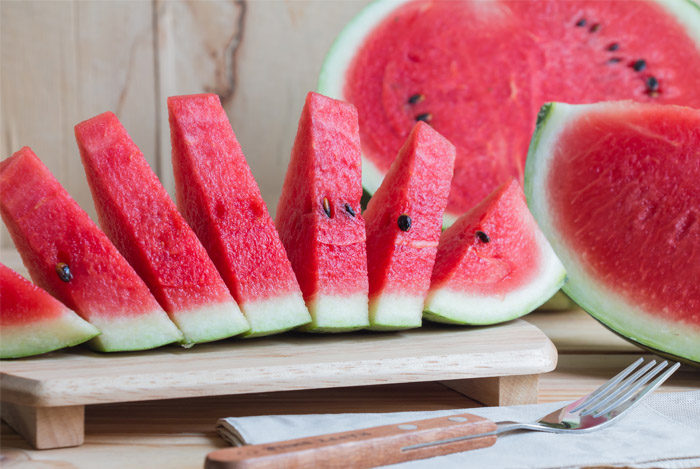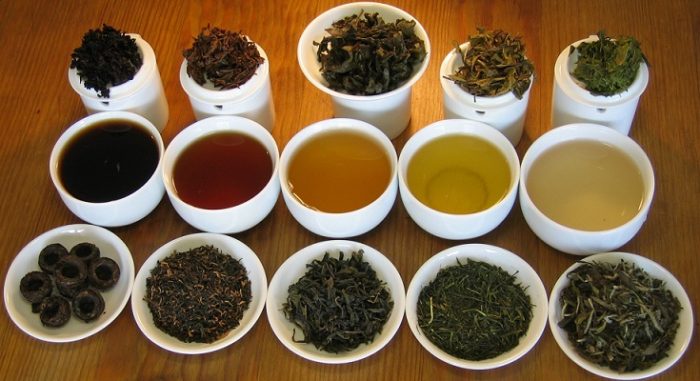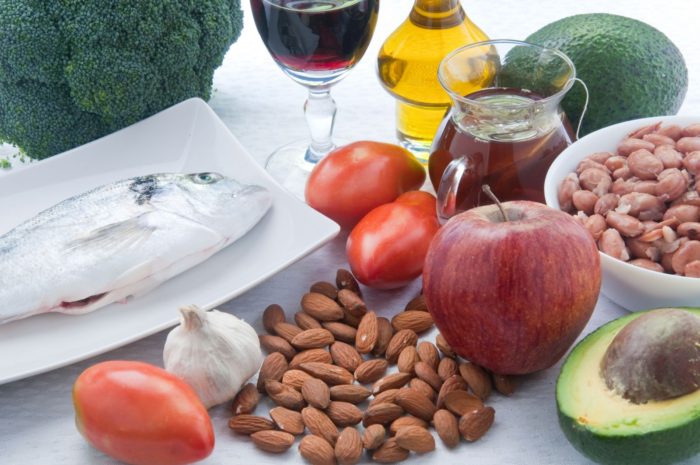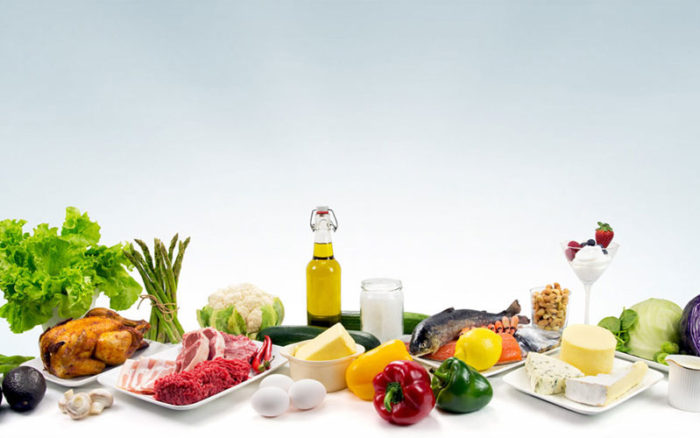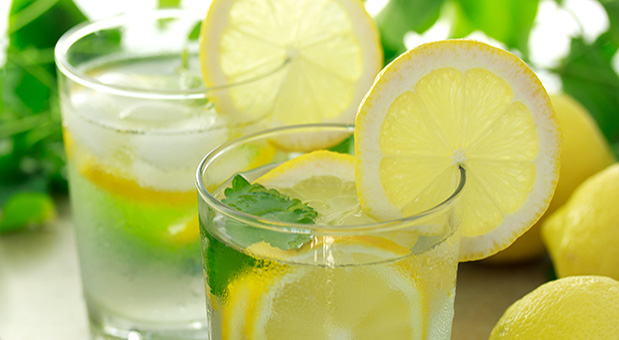A sore throat can be very uncomfortable.
The main symptom is pain and irritation in the throat, especially when you swallow.
A sore throat occurs as part of your body’s immune response to viral or bacterial infections.
Your natural immune response leads to inflammation and swelling of the mucous membranes in the throat.
Fortunately, there are several natural remedies that may provide relief, including some that are supported by scientific evidence.
Here are 11 natural sore throat remedies.
1. Marshmallow root
The marshmallow plant has been used to treat sore throats and other conditions since the Middle Ages.
Its root contains a gelatin-like substance known as mucilage, which coats and lubricates the throat when you swallow it.
Lozenges containing marshmallow root have been tested in animals and found to be effective and nontoxic, even at very high doses.
Here is a recipe for a cold marshmallow root infusion to soothe a painful throat:
Marshmallow root infusion
Ingredients:
- Cold water.
- 1 ounce (28 grams) dried marshmallow root.
Directions:
- Fill a 1-quart (1-liter) jar with cold water.
- Place the marshmallow root in cheesecloth and tie up in a bundle.
- Lower the bundle into the water just until it’s completely submerged in the water.
- Place the tied end of the bundle over the lip of the jar, place the lid on the jar and screw on the lid.
- Infuse overnight, or for at least eight hours, and then remove the bundle.
- Pour desired amount into a glass. Add sweetener of choice, if desired.
When this is ready, you can sip on it throughout the day to help reduce your symptoms.
Bottom line: Marshmallow has been used to treat sore throats since ancient times. Its root contains a gelatinous substance called mucilage, which coats and soothes the throat.
2. Apple cider vinegar
Apple cider vinegar is a natural health tonic that’s been used in folk medicine remedies for centuries. Its main active ingredient, acetic acid, helps fight bacteria.
The ancient Greek physician Hippocrates, known as the father of medicine, even prescribed a combination of apple cider vinegar and honey – known as oxymel – to treat flu symptoms such as coughs and sore throats.
To help relieve throat pain, drink 1 cup of warm water mixed with 1 tablespoon of apple cider vinegar and an optional tablespoon of honey.
Bottom line: Apple cider vinegar has antibacterial properties and may help provide sore throat relief when consumed in small amounts with warm water.
3. Salt water gargle
Gargling with salt water is a well-known natural remedy to get rid of a sore throat.
The salt helps reduce swelling by pulling water out of your throat tissue. It may also help kill unwanted microbes in your throat.
Combine 1 cup of warm water with 1 teaspoon of salt and stir to dissolve. Gargle with a mouthful of this mixture for 30 seconds, once per hour.
Bottom line: Gargling hourly with warm salt water helps reduce swelling and may ease throat discomfort.
4. Honey
Honey is a delicious sweetener that is often used in combination with other natural ingredients to soothe a sore throat.
In addition to helping fight infection and providing pain relief, honey can undeniably make remedies taste better.
Honey may be especially effective when combined with warm water and apple cider vinegar or herbs.
However, it shouldn’t be given to children under the age of one because their guts haven’t had a chance to acquire healthy bacteria that can fight off germs, such as botulism spores, that are sometimes found in honey.
Also, people who avoid sugar or follow a low-carb diet may want to choose another remedy, since honey is a form of sugar and contains 17 grams of carbs per tablespoon (15 ml).
Bottom line: Honey can help relieve throat pain, particularly when combined with vinegar or herbs in warm water.
5. Licorice root
Licorice is a plant native to Europe and South Asia.
Interestingly, it has been used in traditional medicine to treat many disorders.
Licorice has properties similar to aspirin that may help reduce sore throat pain.
Unfortunately, there isn’t any research on its ability to relieve illness-related sore throats.
However, studies on individuals who had just undergone major surgery found that licorice significantly reduced throat pain due to breathing tube removal.
One study found that gargling with licorice water prior to surgery reduced the risk of getting a sore throat by 50%, compared to gargling with sugar water.
Licorice root tea can be purchased at natural grocery stores or from online retailers.
You can also make your own to drink or gargle. Combine ground licorice root with hot water, let it steep for five minutes, then strain it prior to drinking.
Bottom line: Licorice root has aspirin-like qualities and may help soothe a sore throat when gargled or consumed as a tea.
6. Lemon water
Lemon water is a refreshing beverage that may also reduce the throat pain that occurs during a cold or the flu.
Lemon contains vitamin C and antioxidants. It also increases the amount of saliva you produce, which can help keep your mucous membranes moist.
Combining lemon with warm water and a bit of honey or salt water may be the best way to maximize its benefits.
Bottom line: Lemon water contains vitamin C and compounds that can soothe a sore throat and assist with healing.
7. Ginger root tea
Ginger is a spice with antibacterial and anti-inflammatory effects that may help relieve throat pain.
One study found that when ginger extract was applied to throat swabs from people with bacterial respiratory tract infections, it helped kill some of the bacteria responsible for the illness.
Ginger tea can be purchased from most markets or online retailers. You can also make your own from fresh ginger.
Ginger root tea
Ingredients:
- Fresh ginger root.
- 1 liter water.
- 1 tablespoon (15 ml) honey or sweetener of choice.
- A squeeze of lemon juice.
Directions:
- Peel ginger root and grate into a small bowl.
- Boil water in a large saucepan, then remove from heat.
- Place 1 tablespoon (15 ml) grated ginger into the saucepan and cover with lid.
- Let steep for 10 minutes.
- Add sweetener and lemon juice, then stir to combine.
This tea can be reheated as needed, or served cold.
Bottom line: Ginger root tea may help fight infection, reduce inflammation and relieve sore throat pain.
8. Coconut oil
Coconut oil is a versatile food with several health benefits.
Animal studies suggest that it may help fight infection, reduce inflammation and relieve pain.
Coconut oil is also very soothing because it helps lubricate the mucous membranes in the throat.
Here are a few ideas you can try:
- Add a spoonful to hot tea or hot cocoa.
- Add a spoonful to soup.
- Simply put a spoonful in your mouth and allow it to melt down your throat.
It’s best to limit coconut oil to about 2 tablespoons (30 ml) per day, as it can have a laxative effect at higher dosages. If you’ve never tried coconut oil, start out taking 1 teaspoon (5 ml) at a time to minimize potential side effects.
Bottom line: Coconut oil is very soothing on the throat, has anti-inflammatory effects and may help your body fight infection. Take up to 2 tablespoons (30 ml) per day alone or in warm beverages.
9. Plenty of fluids
When your throat hurts, the last thing you may feel like doing is drinking a lot of fluids.
However, it’s important to keep your throat’s mucous membranes hydrated so they can heal.
While swallowing may be uncomfortable, drinking plenty of water or other fluids will ultimately make your throat feel better.
Drink tea, herbal infusions, water or other beverages at whatever temperature feels most comfortable.
Bottom line: Consuming adequate fluid ensures that you stay well hydrated and allows your throat to remain moist so it can heal.
10. Peppermint tea
Peppermint tea contains anti-inflammatory compounds and is extremely soothing to the throat. The mint may also slightly numb your throat, thereby relieving pain.
There are many peppermint herbal teas on the market.
You can also make your own by steeping fresh peppermint leaves in boiling water for three to five minutes, then straining off the leaves.
Peppermint tea is caffeine-free and its naturally sweet taste often requires no additional sweetener.
Bottom line: Peppermint tea is a tasty, refreshing beverage that may help reduce inflammation and throat discomfort.
11. Chamomile tea
Chamomile is a daisy-like plant that has been used for medicinal purposes since the Middle Ages.
You may be most familiar with it in the form of tea.
Chamomile tea is believed to promote restful sleep, which is important for healing.
Studies have found that chamomile may help fight infection and reduce pain.
Chamomile tea is widely available at grocery stores and online. It has a pleasant, mild aroma and flavour. Like other herbal teas, chamomile contains no caffeine.
Bottom line: Chamomile tea promotes restorative sleep, helps fight infection and soothes sore throat pain.
Take home message
No matter how healthy you are, you’re likely to get a sore throat occasionally.
Fortunately, there are many steps you can take to soothe a sore throat and encourage healing.
However, make sure you see a doctor if your sore throat lasts more than a few days or is extremely painful.
Severe or persistent pain may indicate strep throat, tonsillitis or another serious infection that requires medical treatment.





